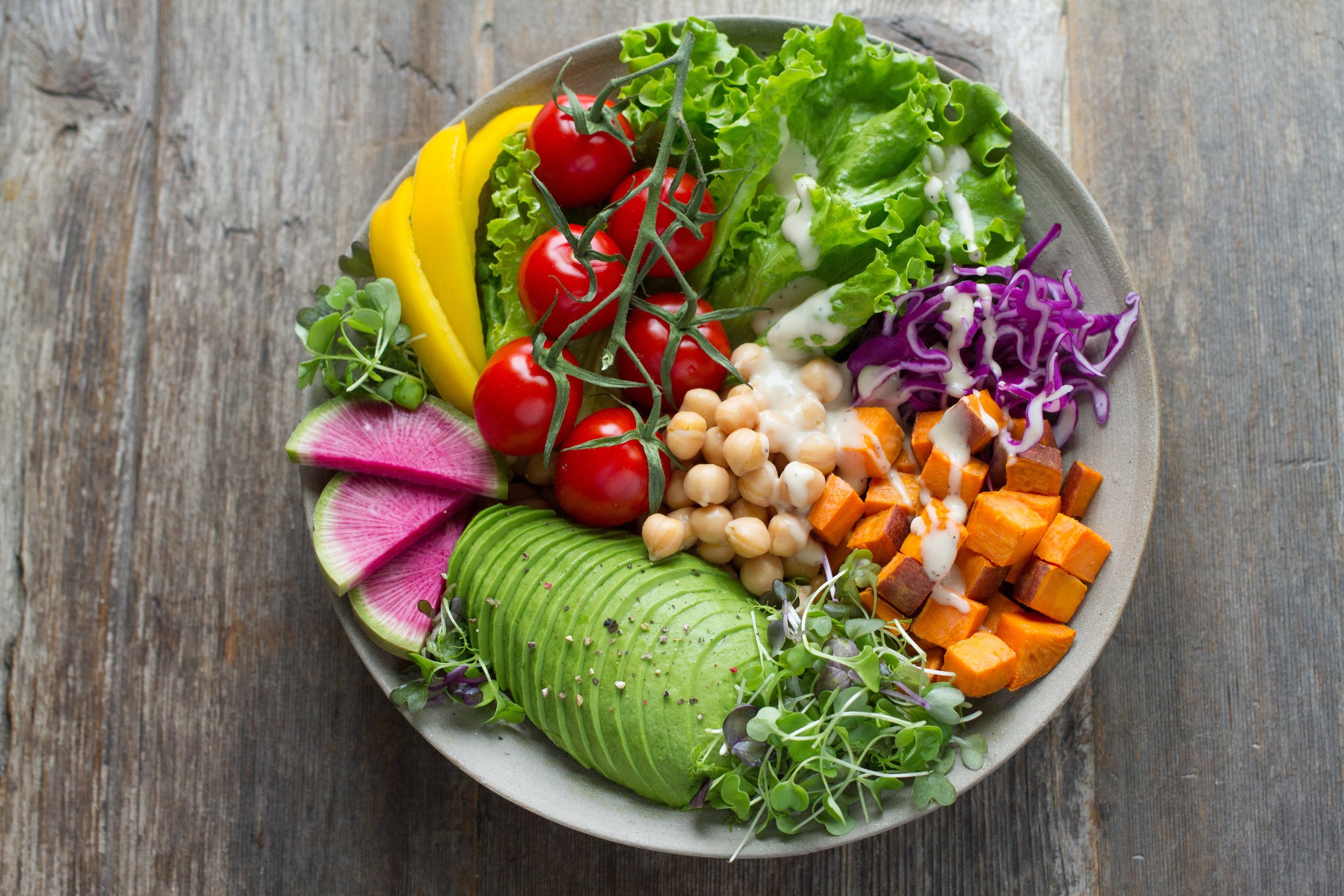Over the past several blogs I have been talking about building six specific inner strengths to help you create more contentment and happiness in your life—specifically related to your relationship with food. The final inner strength that I will cover here of the six inner strengths is hope. Hope is linked to faith and it’s an inner belief that all will be well without having to feel as though you need to control every aspect of your circumstances. This is an experience of surrender. Hope allows a surrendering to an inner belief and trust which is deeply personal and a spiritual endeavor.
If you attempt to control every aspect of your life, you will become exhausted. When you find the elements that are controllable and connect that to the hope and belief that all will be well, you can lean into the process of surrendering, the process of letting go. When you lean into surrendering and letting go, you create an experience of happiness, inner peace and contentment. Hope provides optimism and optimism ultimately keeps you moving forward with a positive and determined mindset.
When you apply the inner strength of hope to healing emotional eating, you are able to remain in a more positive mindset when it comes to challenges, emotions and trusting yourself—and trusting the process. Shifting from the dieting trap of restriction (and then the inevitable over eating) into a more mindful and intuitive eating space, you will need to access an inner hope and belief that you can truly free yourself from emotional eating and create a healthy and peaceful relationship with food.
Food is pleasurable and nourishing. The purpose of feeding ourselves is to remain healthy while also providing your life with pleasure that you derive from cooking, tasting, eating and even sharing a meal with others. When food becomes your primary (or only) source of pleasure—or your tool for managing stress—you may not have much hope that your life can be different. The cycle of emotional and stress eating is hard to disrupt. Change is difficult. Not changing is even harder because you remain stuck in that negative cycle. Building the inner strength of hope is a process of surrendering to the awareness that your relationship with food has derailed and needs support to get back on track. Hope keeps you connected to the possibility of change and creates effort.
To begin to build the inner strength of hope, it will be helpful to create a vision for what a peaceful relationship with food means to you. Understanding why you want this change to occur makes it even more powerful. When you have your vision established and connect with it regularly, you create an inner hope, a belief and faith in yourself that why you want what you want will allow you to put the effort into creating your vision as your reality. When you have faith in yourself you are more likely to be kind to yourself, to handle challenges and be more proactive.
To begin to connect with your vision in order to build hope as an inner strength, spend time journaling about the following questions:
· What is your vision for your relationship with food?
· Why do you want this vision?
· What are the challenges you can foresee as you set forth to put your vision into action?
· How can you stay connected to your vision?
· What does hope mean to you?
· What does having hope look like within your life, how might it change your current life?
· What do you need to do to increase your faith in yourself?
Once you have your vision established, create 3-5 action steps that you can take daily or weekly to move you in the direction of living your vision. Find where you can access hope daily and build faith in yourself to take the action needed to create a peaceful relationship with food. Connect with your vision daily, fine tune your action steps regularly, bring on support like a friend, coach or therapist to help you stay the course.
When you connect with hope, you create more inner happiness, peace and contentment. Always remember that you deserve to live the life of your dreams.



